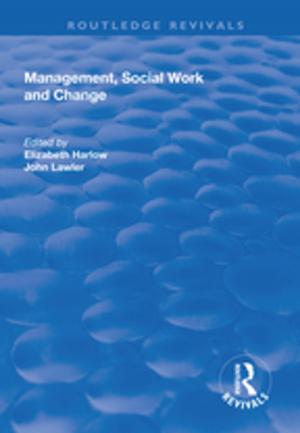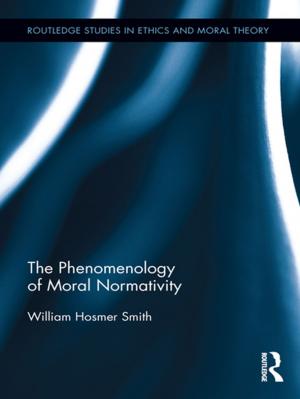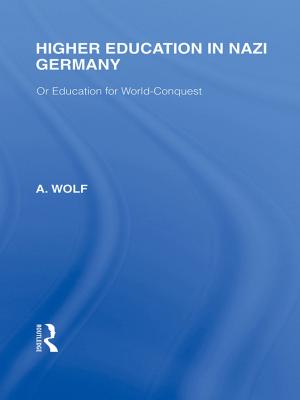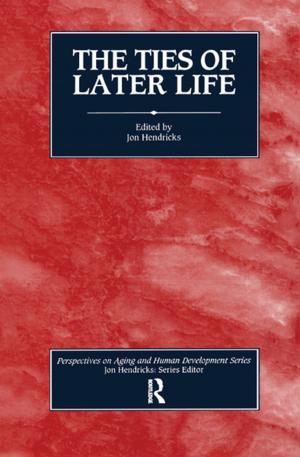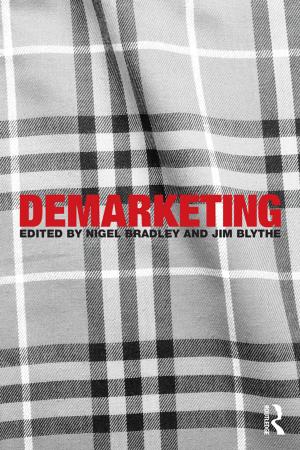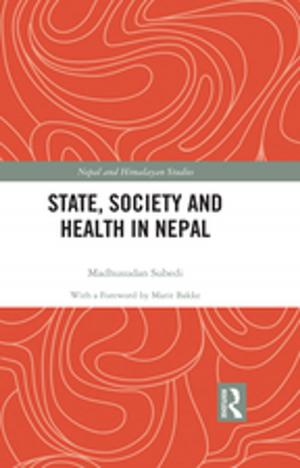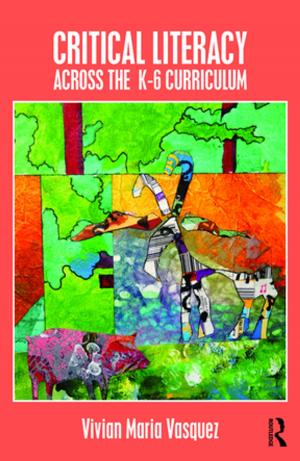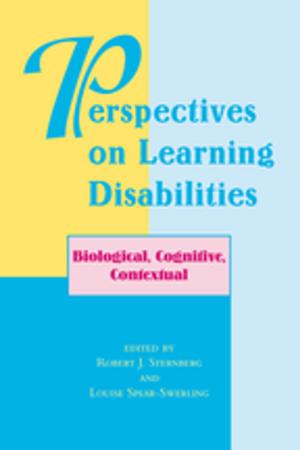Russian Foreign Policy under Dmitry Medvedev, 2008-2012
Nonfiction, Social & Cultural Studies, Political Science, Politics, Leadership, Government, Communism & Socialism, History, Asian, Russia| Author: | Valerie Pacer | ISBN: | 9781317373056 |
| Publisher: | Taylor and Francis | Publication: | November 19, 2015 |
| Imprint: | Routledge | Language: | English |
| Author: | Valerie Pacer |
| ISBN: | 9781317373056 |
| Publisher: | Taylor and Francis |
| Publication: | November 19, 2015 |
| Imprint: | Routledge |
| Language: | English |
Although the presidency of Dmitry Medvedev is often seen as a continuation of Vladimir Putin’s presidency, with the same policies applied in the same way, this book disagrees, arguing that Medvedev’s foreign policy was significantly different from Putin’s. The book considers especially the relationship between Russia and the Euro-Atlantic security configuration, including both NATO and the Organisation for Security and Co-operation in Europe, a relationship of great importance to Russia, given constant attention. It discusses a wide variety of issues, including "frozen conflicts", security co-operation and nuclear weapons reductions, highlights the different tone and approach under Medvedev, exemplified especially by his draft European Security Treaty, and shows how after Putin’s return to the presidency there has been a shift in foreign policy, with much great emphasis on influencing Russia’s immediate neighbours and on Eurasian union, and less emphasis on rapprochement and co-operation.
Although the presidency of Dmitry Medvedev is often seen as a continuation of Vladimir Putin’s presidency, with the same policies applied in the same way, this book disagrees, arguing that Medvedev’s foreign policy was significantly different from Putin’s. The book considers especially the relationship between Russia and the Euro-Atlantic security configuration, including both NATO and the Organisation for Security and Co-operation in Europe, a relationship of great importance to Russia, given constant attention. It discusses a wide variety of issues, including "frozen conflicts", security co-operation and nuclear weapons reductions, highlights the different tone and approach under Medvedev, exemplified especially by his draft European Security Treaty, and shows how after Putin’s return to the presidency there has been a shift in foreign policy, with much great emphasis on influencing Russia’s immediate neighbours and on Eurasian union, and less emphasis on rapprochement and co-operation.

